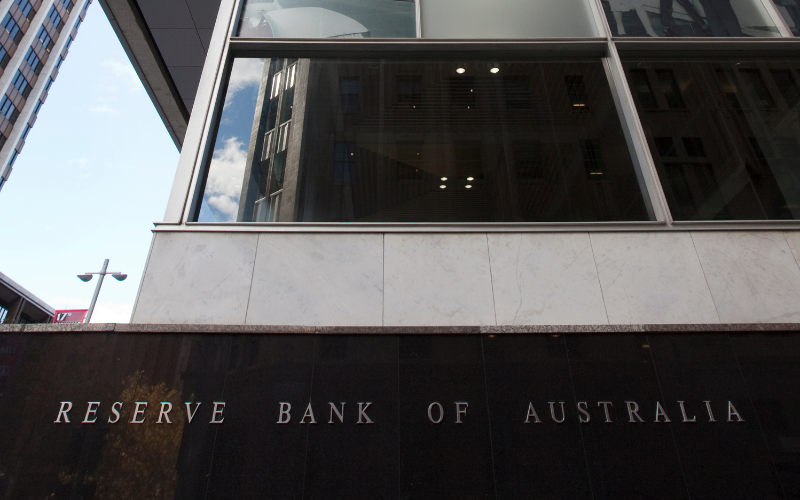.png?language_id=1)
The decision was widely expected, with economists and financial traders almost universally forecasting no change to the cash rate.
It comes after softer than anticipated headline inflation of 4.1% was reported last week.
In its statement, the board said while last week's softer inflation figures are encouraging, the outlook remains uncertain.
"While there are encouraging signs, the economic outlook is uncertain and the Board remains highly attentive to inflation risks. The central forecasts are for inflation to return to the target range of 2–3 per cent in 2025, and to the midpoint in 2026.
"Returning inflation to target within a reasonable timeframe remains the Board’s highest priority."
PropTrack economist Anne Flaherty said last week's consumer price index (CPI) figures continues the trend of declining annual growth in consumer prices and increases the probability that interest rates have hit their peak in the current cycle.
“Today’s decision is good news for the housing market which looks set to benefit from a more stable interest rate environment in 2024. Greater confidence around where interest rates are sitting should support further recovery in buyer and seller confidence," she said.
“While interest rates appear to have peaked, two years of high inflation have eroded real wages and, as of September, the household saving to income ratio was sitting at just 1.1%. This is the lowest level seen since December 2007 at the onset of the Global Financial Crisis.
“Despite this, house prices have displayed remarkable resilience, with buyer demand remaining strong relative to the supply of homes coming to market.”
Image from Reserve Bank website
Collections: RBA Interest Rates



Share